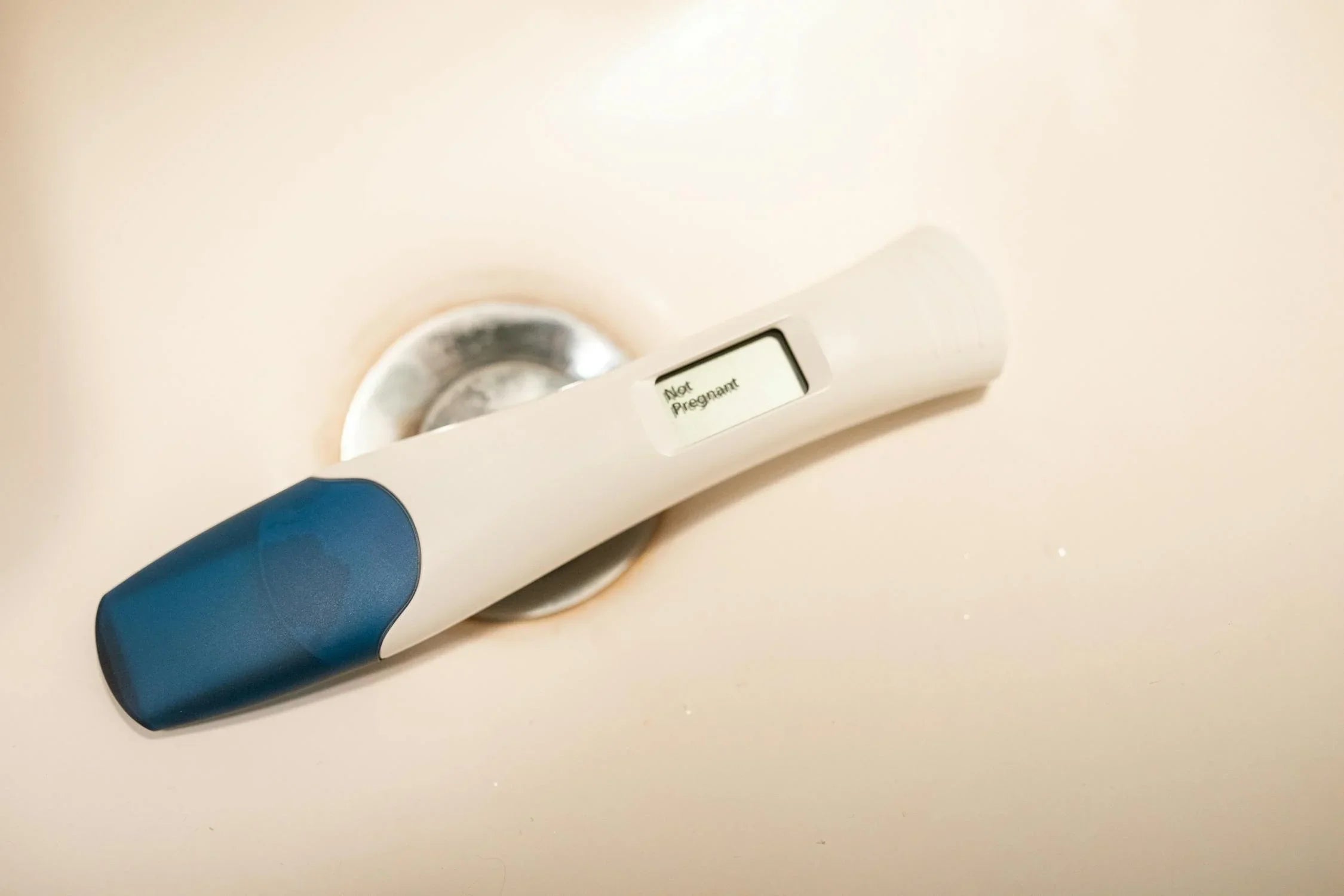Home
Pregnancy, Breastfeeding, and Pumping: The Ultimate Guide for Moms
Can You Get a False Positive Pregnancy Test Before Period?

Can You Get a False Positive Pregnancy Test Before Period?
Pregnancy tests are a common tool for women who suspect they might be expecting. However, the question of whether you can get a false positive pregnancy test before your period is one that many women ponder. Understanding the factors that can lead to a false positive result is crucial for accurate interpretation and peace of mind.
What is a False Positive Pregnancy Test?
A false positive pregnancy test occurs when a test indicates that you are pregnant, but in reality, you are not. This can be confusing and emotionally challenging, especially for those who are actively trying to conceive or are concerned about an unplanned pregnancy.
Common Causes of False Positive Pregnancy Tests
Several factors can contribute to a false positive result. One of the most common causes is the presence of certain medications or medical conditions that can interfere with the test. For example, fertility treatments that contain hCG (human chorionic gonadotropin) can lead to a false positive. Additionally, conditions such as ovarian cysts or certain types of cancer can also produce hCG, leading to inaccurate results.
Testing Too Early
Another factor to consider is the timing of the test. Testing too early, even before your expected period, can increase the likelihood of a false positive. This is because the levels of hCG in your body may not be high enough to be detected accurately by the test. It's important to follow the instructions on the pregnancy test carefully and wait until after your missed period for the most reliable results.
Evaporation Lines
Evaporation lines are another common cause of false positives. These lines can appear on a pregnancy test after the recommended reading time has passed. They are often mistaken for a positive result, but they are simply a result of the test drying out. To avoid confusion, always read the test within the specified time frame.
Chemical Pregnancies
A chemical pregnancy is a very early miscarriage that occurs shortly after implantation. In these cases, a pregnancy test may detect hCG and show a positive result, but the pregnancy is not viable. This can be a heartbreaking experience, but it's important to understand that chemical pregnancies are relatively common and often go unnoticed.
How to Avoid False Positives
To minimize the risk of a false positive pregnancy test, it's essential to use the test correctly. Always check the expiration date and follow the instructions provided. If you suspect a false positive, consider taking another test after a few days or consulting with a healthcare professional for a blood test, which is more accurate.
What to Do If You Get a False Positive
If you receive a false positive result, it's important to stay calm and seek further confirmation. A healthcare provider can perform additional tests to determine whether you are truly pregnant. They can also help identify any underlying medical conditions that may have contributed to the false positive.
Emotional Impact of False Positives
The emotional impact of a false positive pregnancy test can be significant. It's important to give yourself time to process the results and seek support from loved ones or a counselor if needed. Remember that false positives are not uncommon, and they do not necessarily indicate a problem with your health or fertility.
Understanding Your Body
Understanding your body and its cycles can help you better interpret pregnancy test results. Tracking your menstrual cycle, noting any symptoms, and being aware of potential factors that can affect test accuracy can all contribute to a clearer understanding of your reproductive health.
When to Seek Medical Advice
If you consistently receive false positive results or have concerns about your fertility, it's important to seek medical advice. A healthcare provider can conduct a thorough evaluation, including blood tests and ultrasounds, to provide a more accurate assessment of your situation.
False positive pregnancy tests can be a source of confusion and emotional distress, but understanding the causes and how to avoid them can help you navigate this experience with greater confidence. Always remember to follow test instructions carefully, seek further confirmation if needed, and consult with a healthcare professional for the most accurate results.
Share


